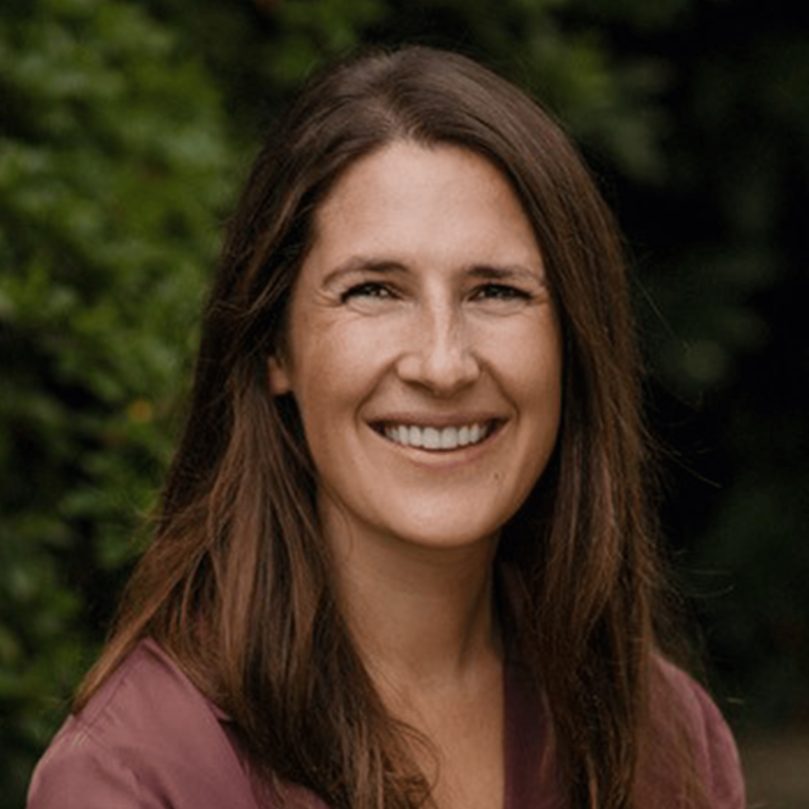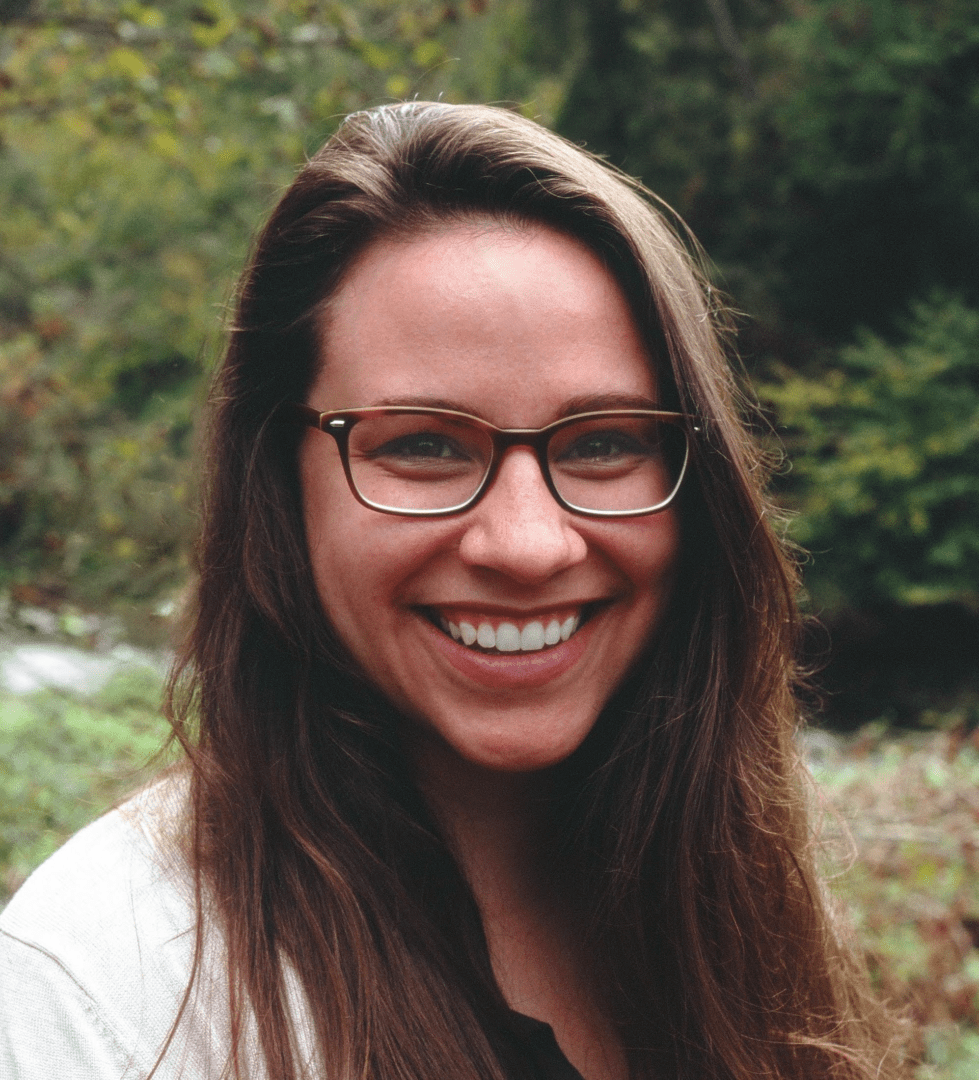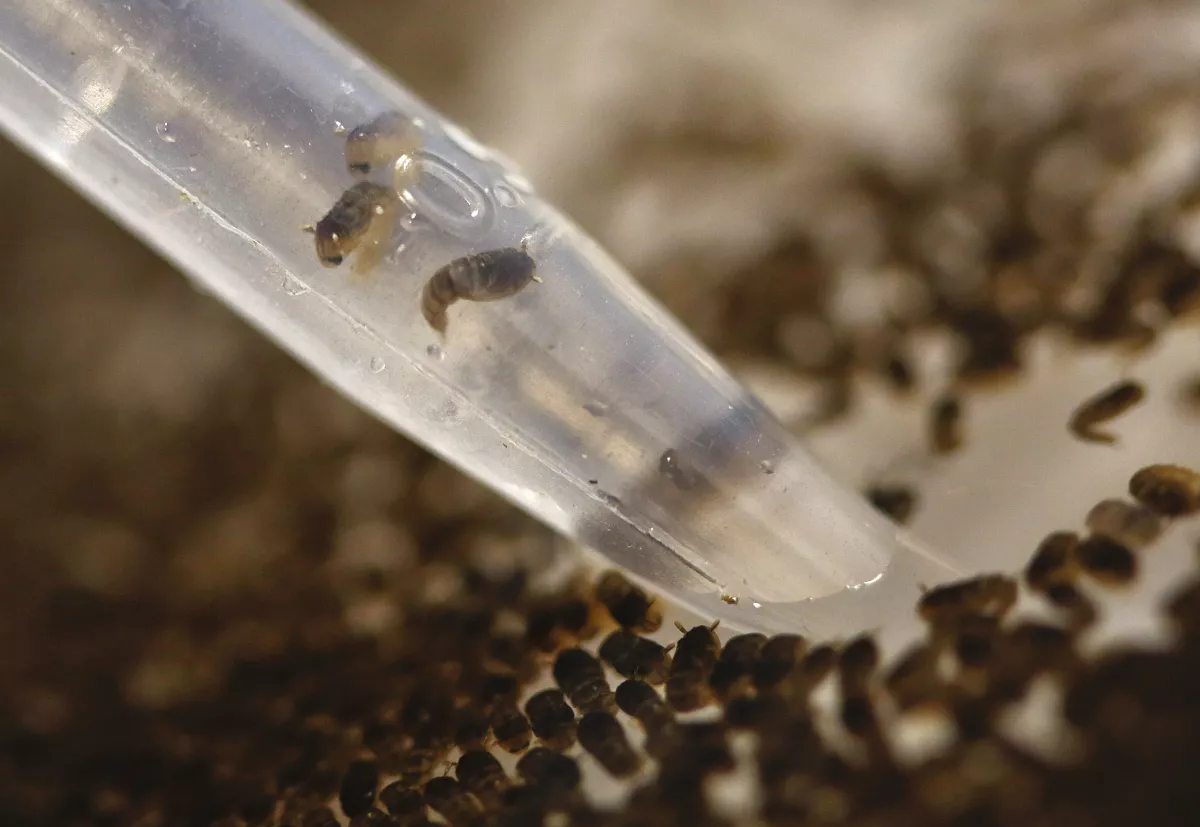Over the last few months, SCi underwent exciting changes in leadership. Dr. Dan Pomeroy and Dr. Natalie Kofler are now serving as co-directors of the program, bringing their extensive experience to guide SCi towards realizing its mission of improving the depth and degree of meaningful interactions between scientists and society.
Dan has been a part of SCi since its inception in 2018, initially as a member of the Leadership Team and then as the first Executive Director. He led SCi’s strategic planning and fundraising efforts as well as developed both the Massachusetts State House Fellowship and the Civic Science Clinic. Natalie joined SCi in 2020 as strategic advisor and curriculum lead. In those roles, she built out SCi’s curricular portfolio, which now consists of ethics nanocourses, a semester-long “Ditching the Deficit Model” science communication course, and online learning modules. Natalie’s leadership has been instrumental in forging new partnerships for SCi, successful grant awards, and the creation of innovative training opportunities both in the classroom and beyond.
With their visionary leadership and passion for training socially-minded scientists, Dan and Natalie will drive the strategic direction of SCi, fostering collaborations and spearheading innovative initiatives to meet the evolving challenges and opportunities in STEM education. They both bring a deep understanding of the gaps in current graduate education, recognizing the need for STEM students to develop skills to effectively engage in public work. Dan and Natalie’s collective expertise and commitment to a more diverse and inclusive science education will drive SCi’s mission forward, ensuring the program thrives and evolves to meet the ever-changing landscape of STEM education.

Prior to joining SCi, Dan developed the Massachusetts Institute of Technology’s Policy Lab at the Center for International Studies, which creates and enhances relationships between MIT researchers with the public policy makers. He serves on the external advisory board and steering committees of a number of programs designed to increase civic engagement and expand career opportunities for scientists and engineers. These include Boston University’s Broadening Experiences in Scientific Training (BEST) program and the National Advisory Board of the Union of Concerned Scientists. Dan received his Ph.D. in physics from Brandeis University in 2012 studying high energy physics. He then served as a postdoctoral fellow at the National Academy of Sciences and as a AAAS Science and Technology Policy fellow in the office of Senator Edward J. Markey. He also has extensive experience in grassroots political organizing, running volunteer LGBT rights campaigns, as well as professionally directing field offices during the 2008 elections.

Natalie is deeply committed to creating innovative learning experiences that guide scientists to think critically and broadly about the social implications and ethical considerations of scientific innovation. She co-developed and co-teaches “Ditching the Deficit Model: Science Communication for Ethical Community Engagement,” “Environmental Ethics and Justice,” and the nanocourse series on the “Governance and Ethics of Biotechnology.” Issues of justice and access deeply inform her work. She takes great pride in making SCi curriculum open-access and available to all; she led the development of SCi’s open-access CRISPR Online Learning Module. Natalie is the founding director of Editing Nature – a global initiative to steer responsible development and deployment of genetic technologies. She is a leading voice in CRISPR and synthetic biology ethics and governance, authoring numerous publications on the topic, serving on expert panels, and contributing to UN mandated documents. Her work has been highlighted by The New York Times, Science, Nature, NPR, CBC radio, Pacific Standard Magazine, and National Geographic. She is an affiliated faculty member of the Center for Biomedical Ethics at Harvard Medical School and served as a visiting fellow at the Harvard University Edmond and Lily Safra Center for Ethics, a resident scholar in sustainability a the University of Illinois and a visiting scholar at the Hastings Center for Bioethics. She received her PhD in cellular, molecular, and medical biosciences and MS in human nutrition and metabolic studies from Columbia University and her BS in human anatomy and cell biology from McGill University.


